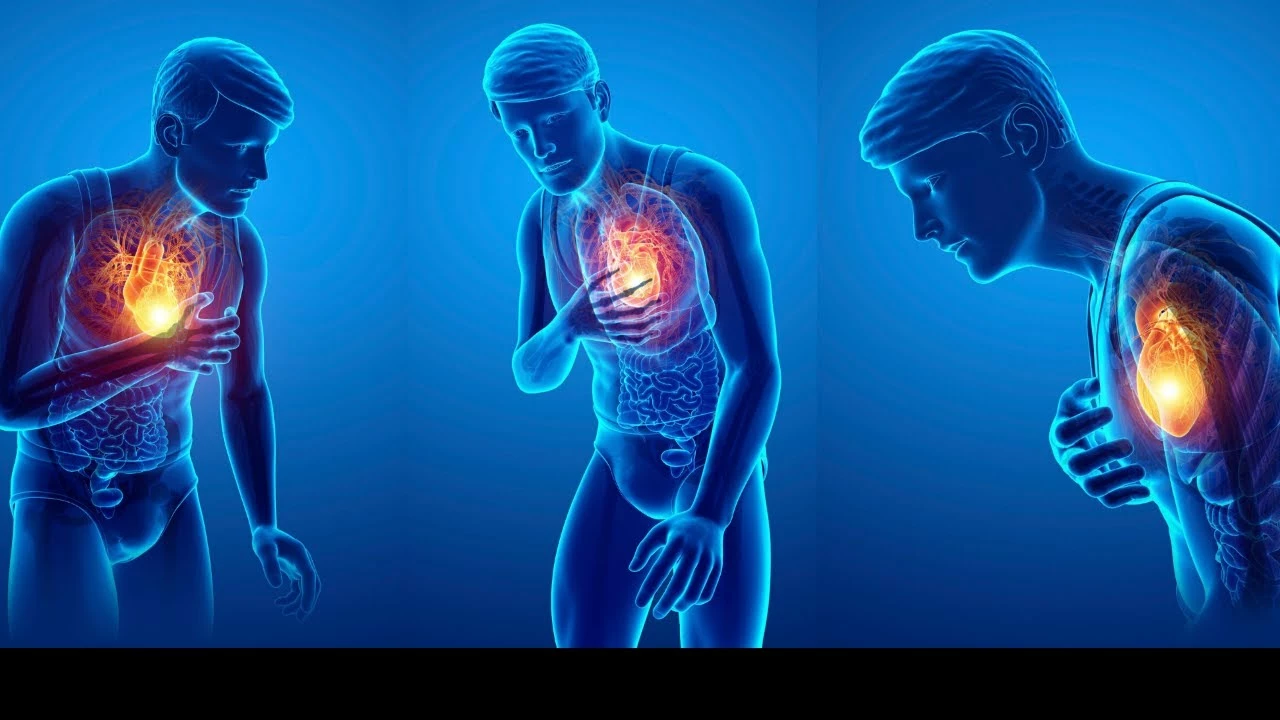Heartburn Relief: Quick Tips & Proven Solutions
If you’ve ever felt a burning sensation rising from your stomach into your chest, you know how annoying heartburn can be. It’s not just an occasional annoyance – it can mess with meals, sleep, and even mood. The good news? Most bouts are easy to control with the right habits and a few smart product choices.
Heartburn happens when stomach acid splashes back into the esophagus, the tube that carries food to your stomach. Unlike the stomach lining, the esophagus isn’t built to handle strong acids, so you feel that sharp, painful burn. A lot of people call it “acid reflux,” and when it shows up often, doctors may label it GERD (gastro‑esophageal reflux disease). Understanding why it occurs is the first step toward stopping it.
Common Triggers & Lifestyle Fixes
Most heartburn attacks are linked to what you eat or how you behave after a meal. Here are the usual suspects:
- Spicy, fatty, or fried foods – they relax the lower esophageal sphincter, letting acid creep up.
- Caffeine and carbonated drinks – both can increase stomach pressure.
- Alcohol – especially wine and beer, which also irritate the lining.
- Large meals or eating too fast – a full stomach pushes acid upward.
- Tight clothing – belts and waistbands squeeze the abdomen.
Fixing these habits is easier than you think. Try to:
- Eat smaller portions spread over the day.
- Give yourself a two‑hour window between your last bite and bedtime.
- Swap soda for water or herbal tea.
- Raise the head of your bed by 6‑8 inches – gravity does most of the work while you sleep.
If you can’t avoid a trigger, at least limit the amount. A little chili powder might be fine, but a whole pot of spicy curry? That’s a recipe for heartburn.
When to See a Doctor
Over‑the‑counter (OTC) antacids and acid reducers are great for occasional flare‑ups. Here’s what works best:
- Antacids (Tums, Maalox) – neutralize stomach acid quickly; good for fast relief.
- H2 blockers (famotidine, ranitidine) – lower acid production and last a few hours; useful if you need longer coverage.
- Proton‑pump inhibitors (PPIs) (omeprazole, lansoprazole) – strongest acid reducers, best for chronic GERD when taken daily.
If heartburn shows up more than twice a week, lasts longer than two weeks, or comes with trouble swallowing, weight loss, or vomiting, it’s time to get professional help. Those signs can point to an ulcer, Barrett’s esophagus, or other serious conditions that need prescription meds or testing.
In short, most heartburn is a lifestyle issue you can fix fast. Spot the trigger, adjust your habits, and reach for an antacid when needed. If symptoms stick around, let a doctor guide you to stronger treatments. With these steps, the burning feeling will be something you handle, not something that controls you.

I recently explored the connection between acid indigestion and the keto diet, and I have some important information to share. It turns out that the high fat content of the keto diet can actually trigger acid reflux in some people. Additionally, some common keto-friendly foods, like coffee and spicy dishes, may exacerbate these symptoms. However, there are ways to mitigate this issue, such as avoiding trigger foods and incorporating more alkaline foods into your meals. It's essential to listen to your body and make the necessary adjustments to ensure a comfortable and successful keto journey.
Read More